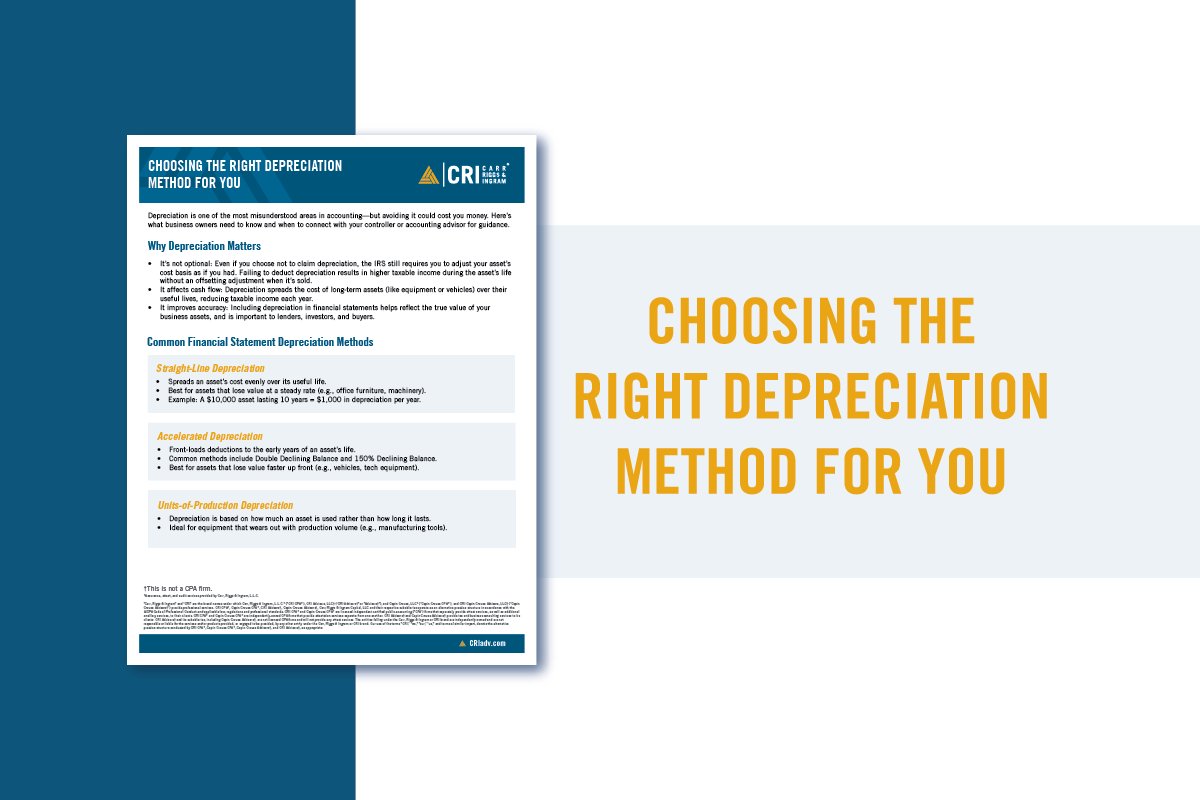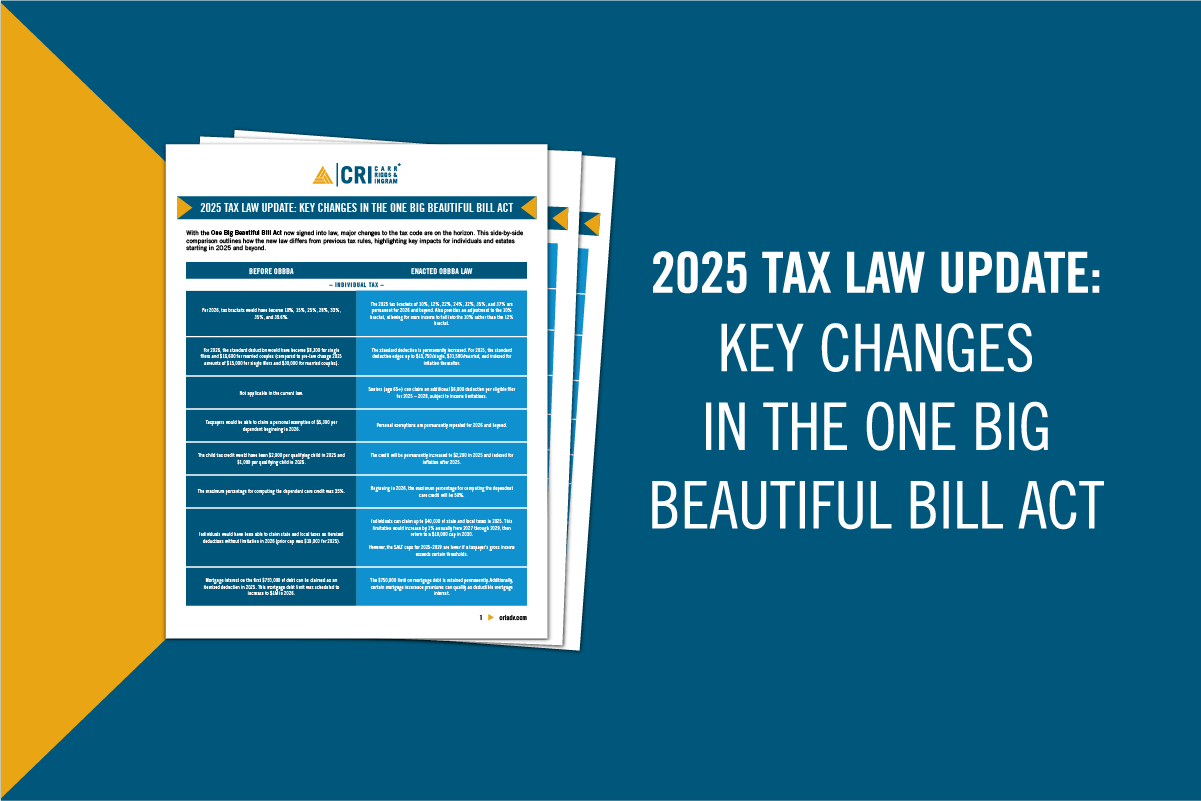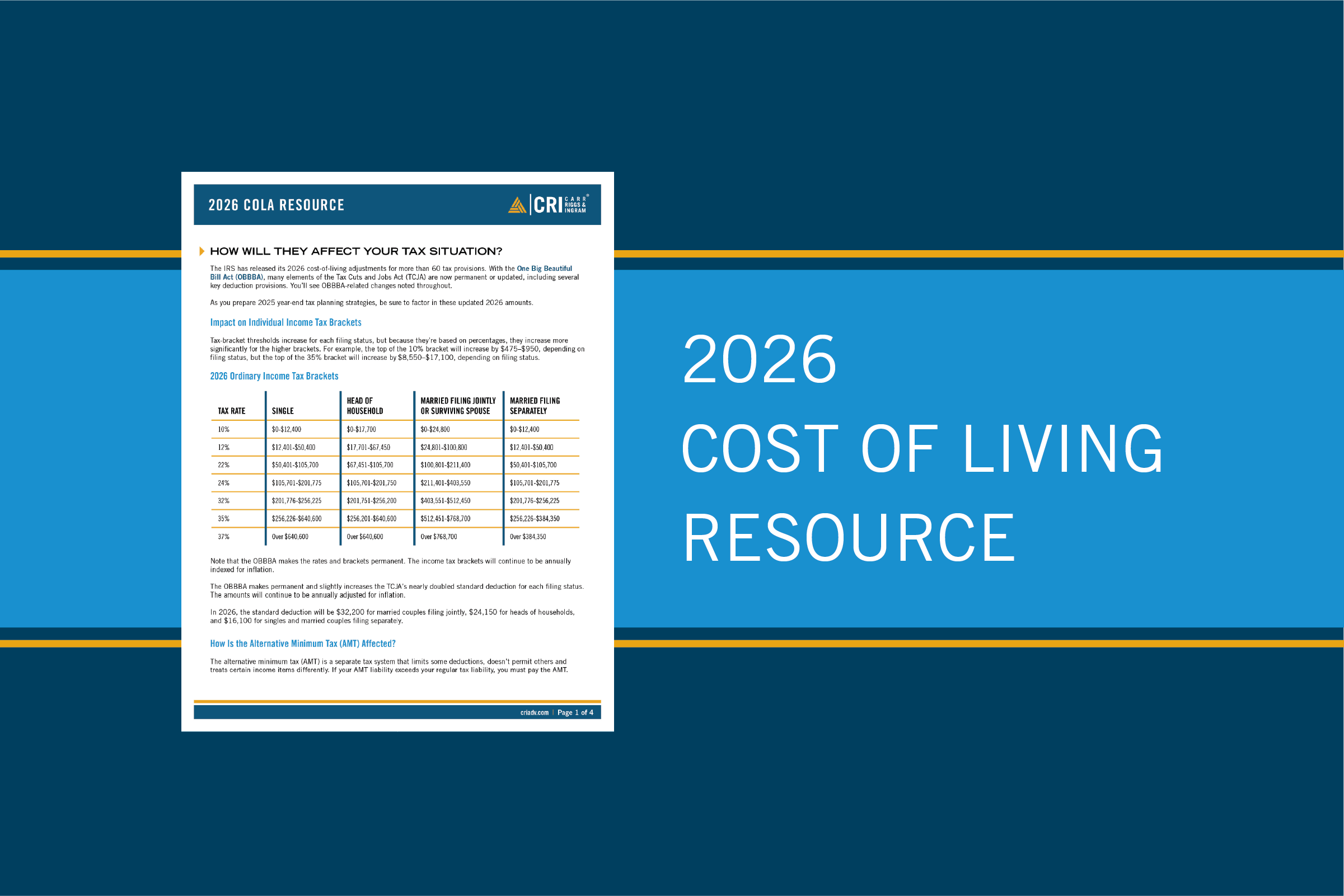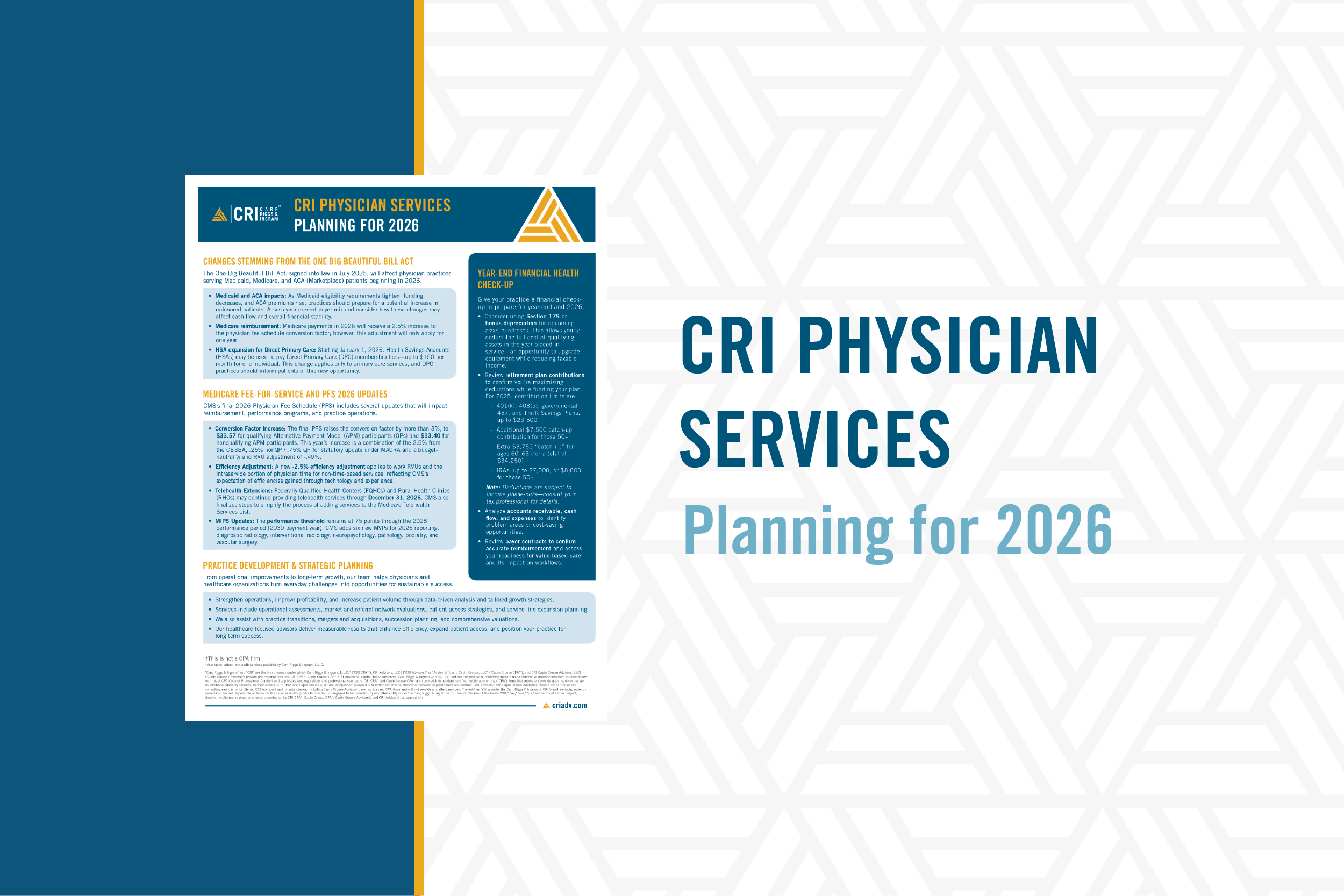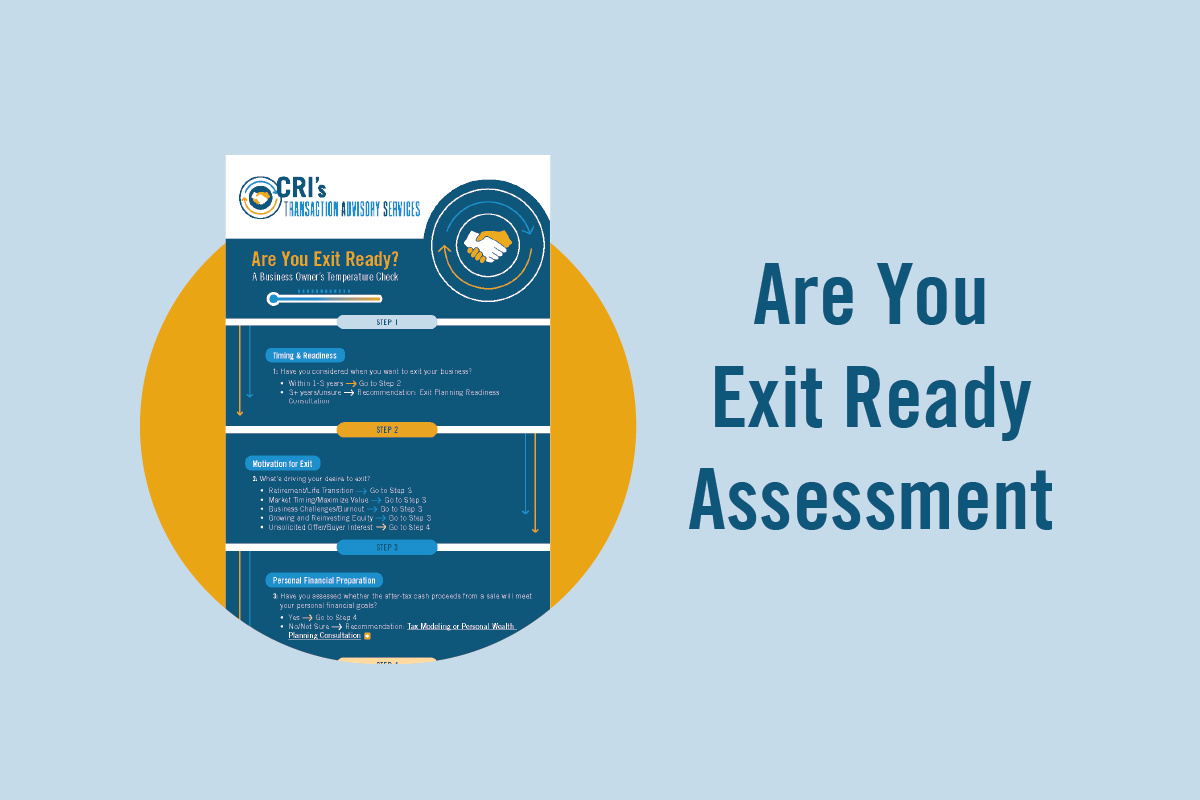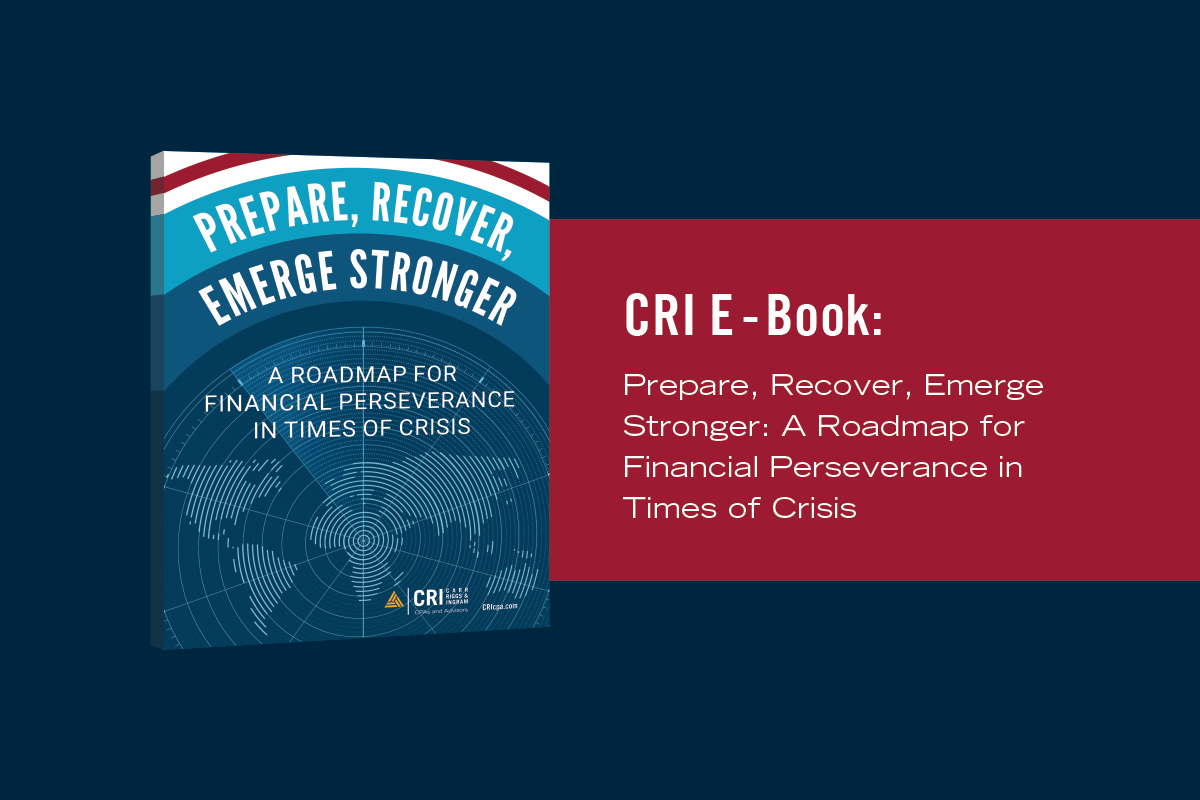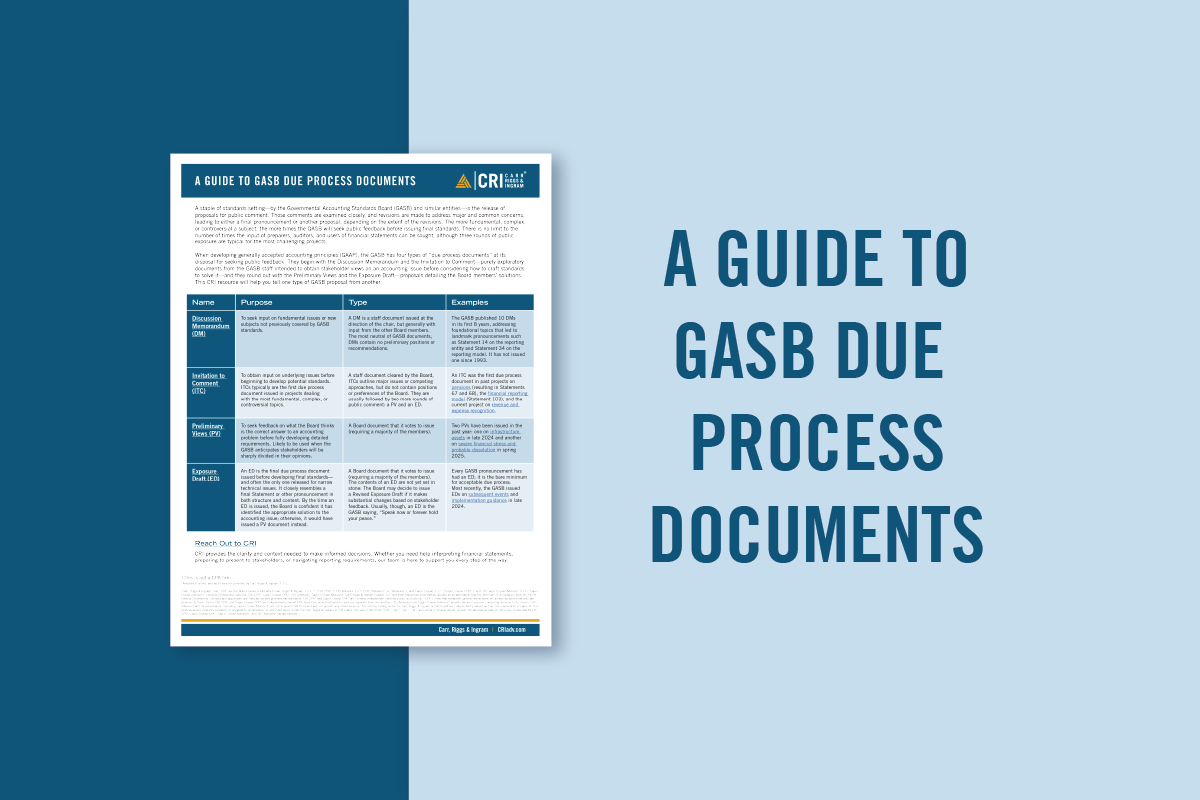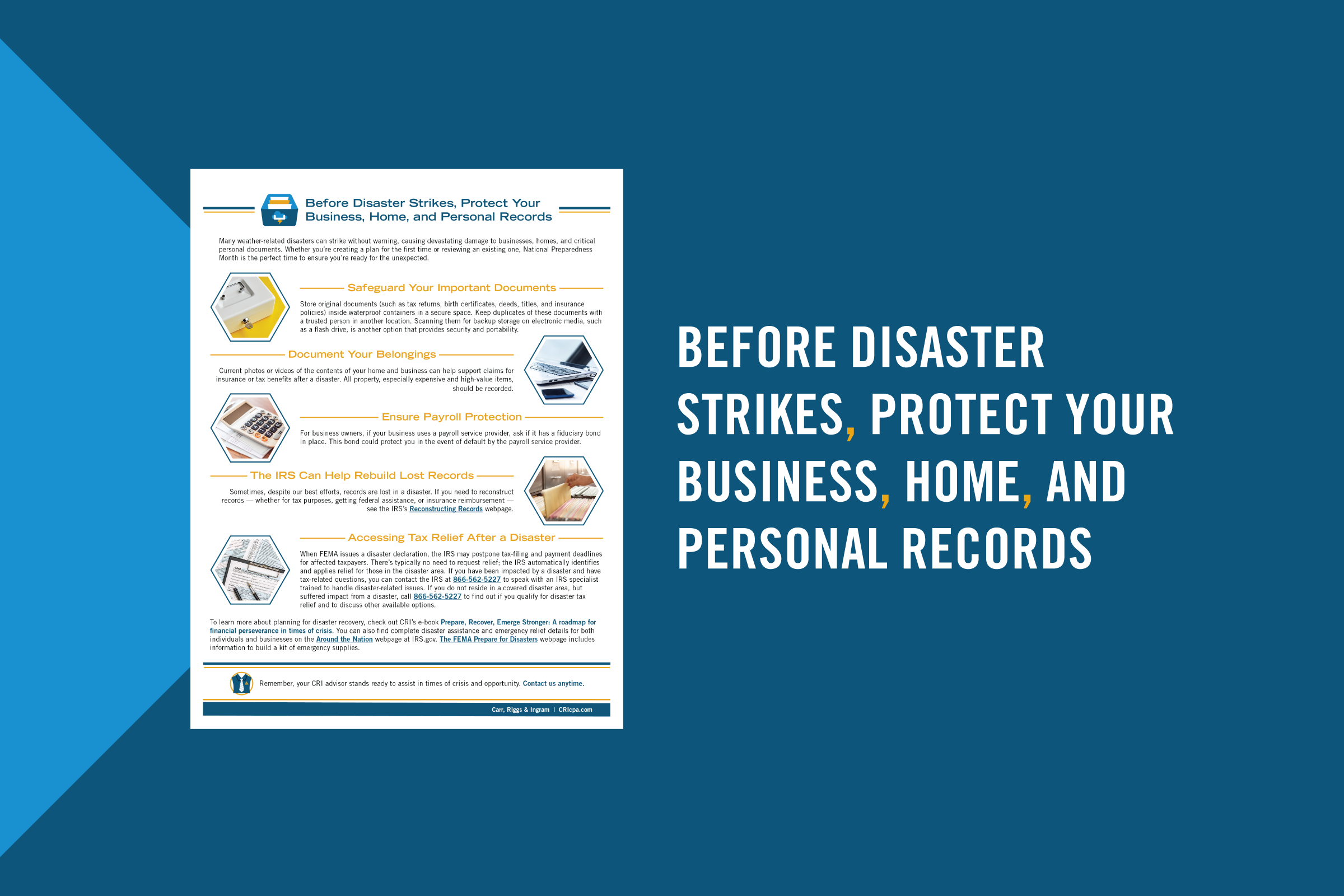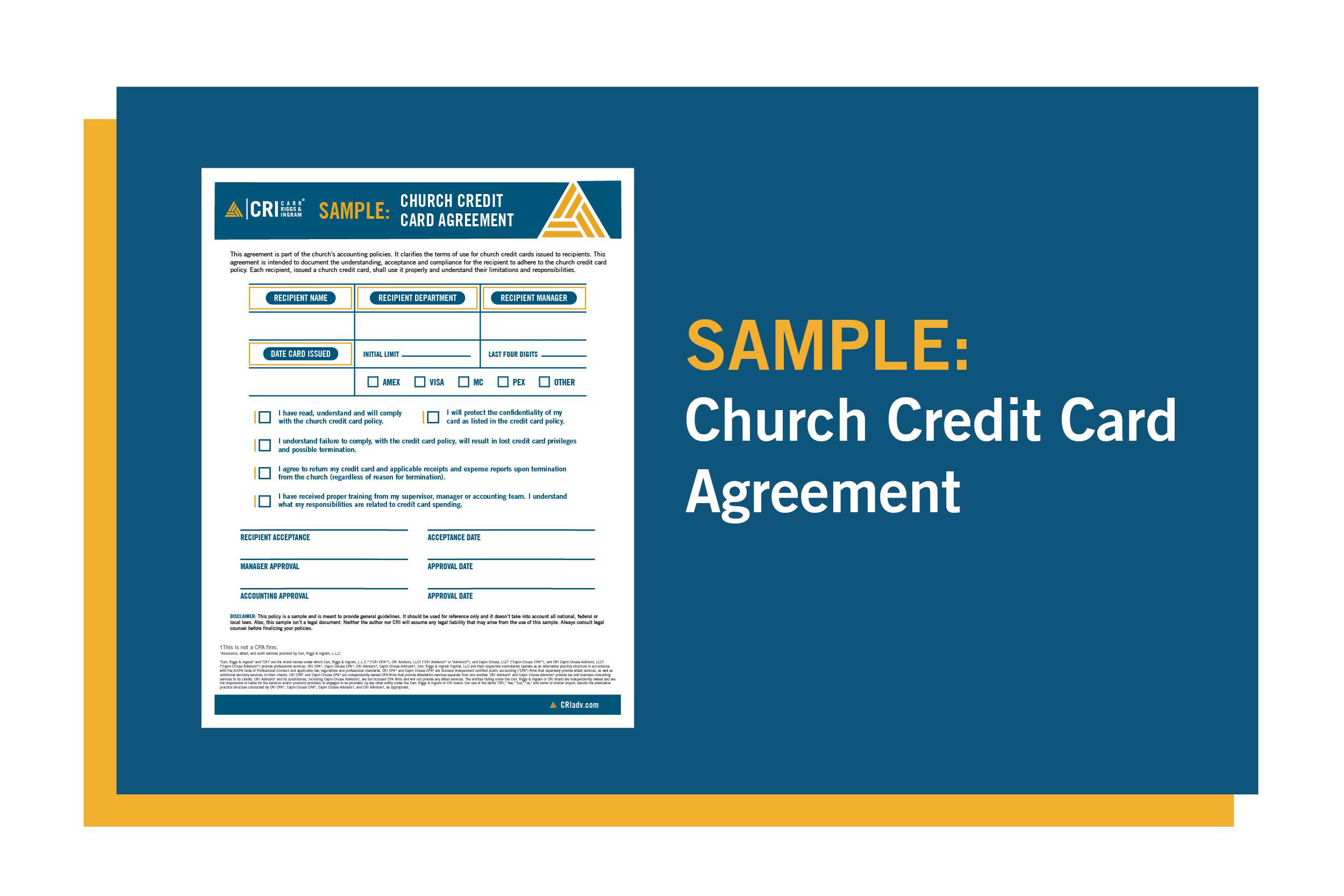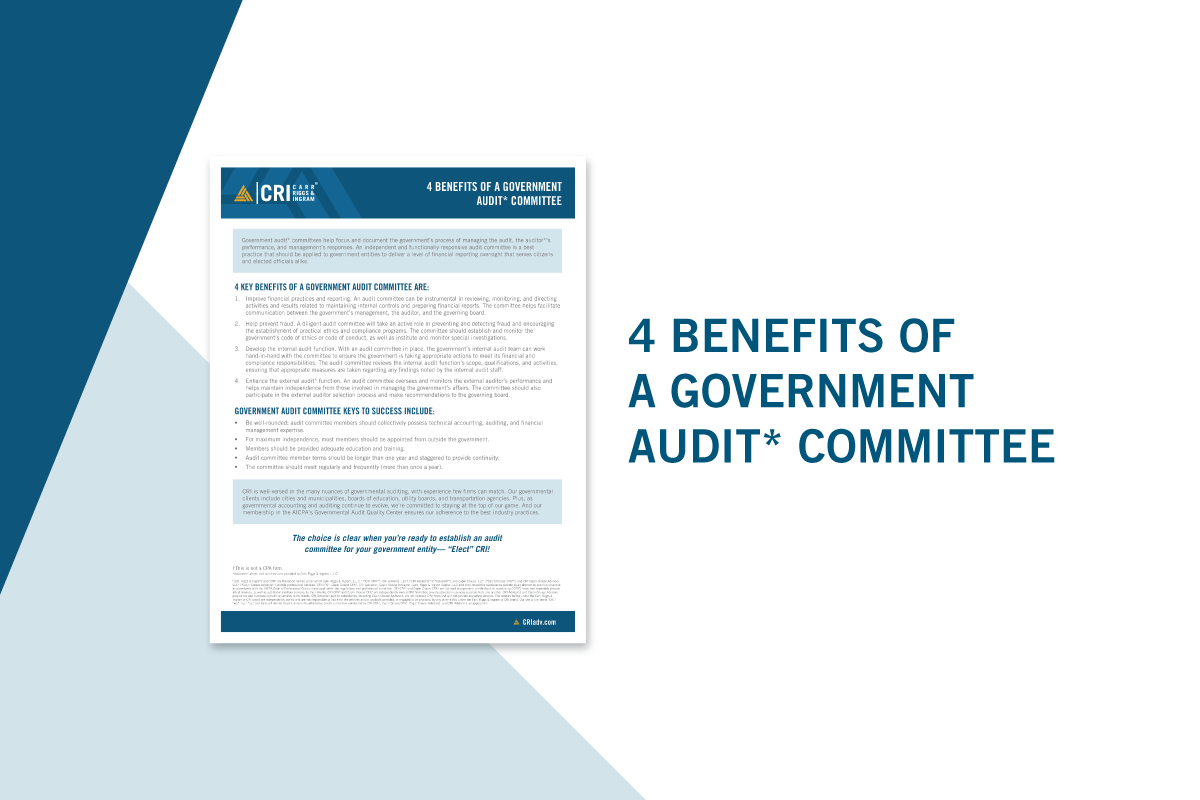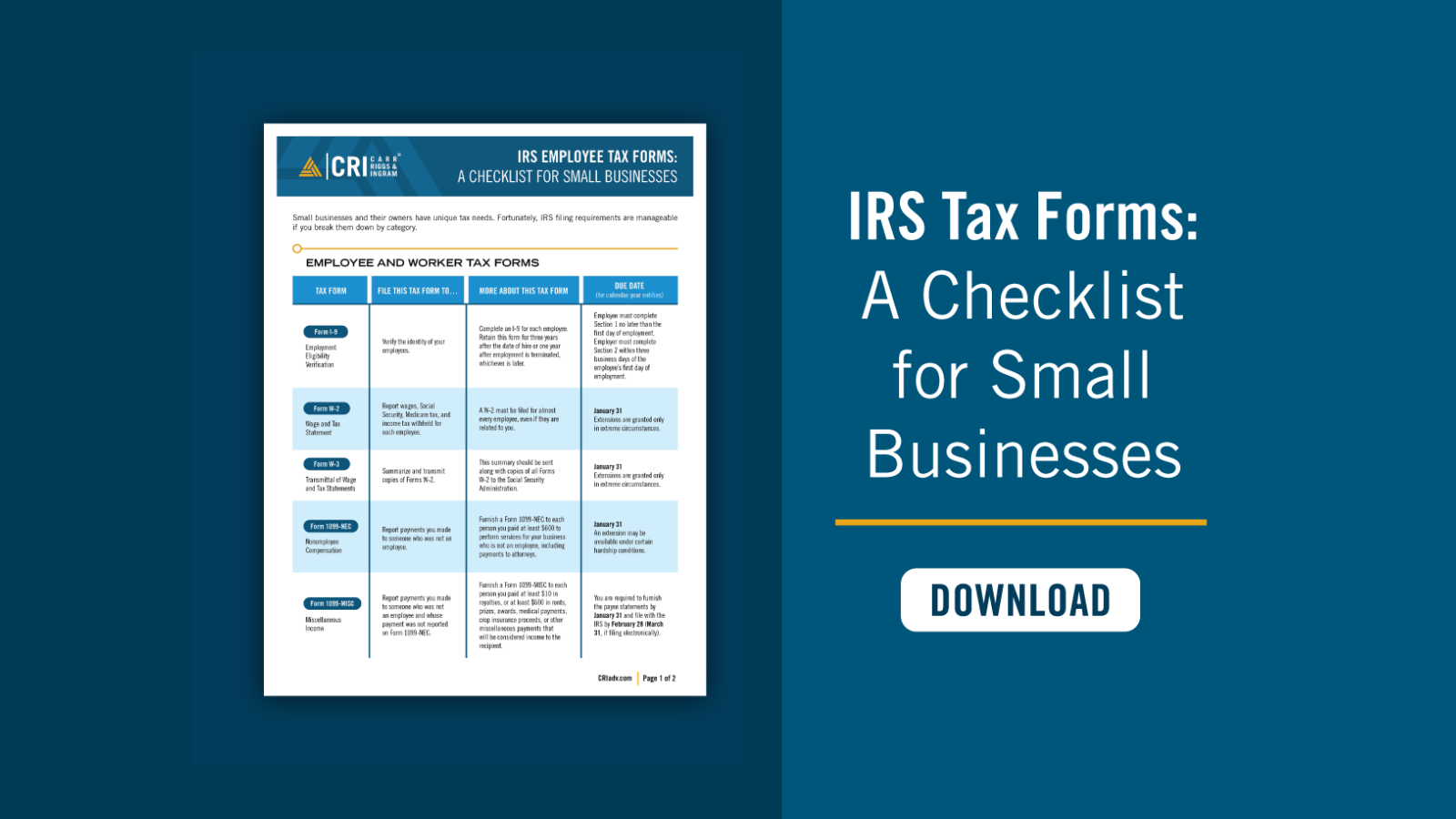How to Increase Your Chances of a Successful Financial Statement Audit*
- Contributor
- Jon Heath
Apr 9, 2020
Clean, audited financials open doors for your business. Whether you’re bidding on a major contract or looking for new sources of financing, audited financials will hasten the decision-making process, priming your business for new growth and helping you accomplish other organizational goals.
So what can you do to make sure your audit* proceeds without a hitch? Whether this is your company’s first audit or you’ve been around the block a time or two, keep in mind these recommended action items:
- Get organized. At least a month or two before the audit, your auditors will send you a checklist of items they need. Review this list and start collecting items in an accessible location — a centralized drive, document management system, or physical filing cabinet — and in a format auditors prefer. Auditors commonly accept Adobe®, Microsoft Office®, Google Docs®, CSV, and other comma-delimited formats. Make sure these items are reconciled to general ledger, trial balance, or subledger information.
- Keep the books tidy through regular maintenance. When auditors start with clean, reconciled data, they can perform their assessments more quickly. Sifting through disorganized archives or chasing down reconciling items will bog down the audit process and ultimately delay the audit report. One of the simplest ways to keep your books orderly is to stay current with bookkeeping tasks. Don’t wait until the end of the year to reconcile your bank statements or adjust inventory numbers. Collect as much transaction data as possible — dates, amounts, customers involved, adjustment explanations, etc. — and make that information searchable. If you feel too busy to perform these tasks monthly, consider hiring an outsourced accountant or bookkeeper who can keep you on track. As with many things, a small investment throughout the year will yield big returns (in this case, saving your staff from disruption and saving your auditor time).
- Get ready for new standards. In the past few years, businesses have been handed a plethora of new accounting standards to review, understand, and adopt. In addition to revenue recognition, which is now effective for most companies, changes to lease accounting and current expected credit losses (CECL) standards are among the major upcoming accounting standards changes. If any of these apply to your business, make sure your CFO, controller, and accounting managers are up to speed on current guidance and that you are on track to implement mandatory operational changes. Reach out to your auditors with questions. While independent auditors cannot tell you how to draft new disclosures or write internal policies, they can point you to resources that can help.
- Keep auditors in the loop. Communicate with your auditors throughout the year, and especially before you sign a major contract or enter into an extraordinary transaction. Prior knowledge informs the auditors for efficiencies during the audit process, and allows them to help you structure deals in an optimal way for accounting treatment. Regular communication with your audit team will also give you an idea of what information they will be requesting at year end so you can prepare your documentation before they arrive.
- Learn from year to year. Once you’ve completed your first audit, talk to your auditors about what worked and what didn’t. If your auditors point out that segregation of duties is lacking, can you think of a way to beef up your internal controls to compensate? Or perhaps your auditors needed to combine two or three of your reports to perform their assessments. Can your IT department tweak your reports to print all the information they need? Even making just one or two changes each year can lead to smoother and more successful audits.
- Update your software. When you use the right tools, you become more efficient and your auditors save time verifying calculations. For example, a restaurant with a point-of-sale system that automatically posts to the general ledger will be more reliable than one that does not. Consider the advantages of cloud-based accounting software. Giving your auditors the option to view your information and run reports on demand will save you time and show them you have nothing to hide.
Audit season does not need to be an interruption to business. If you prepare throughout the year, your audit can actually be an opportunity to evaluate your business processes and get organized. Reach out to your CRI team member if you want to discuss your audit readiness for next year.







